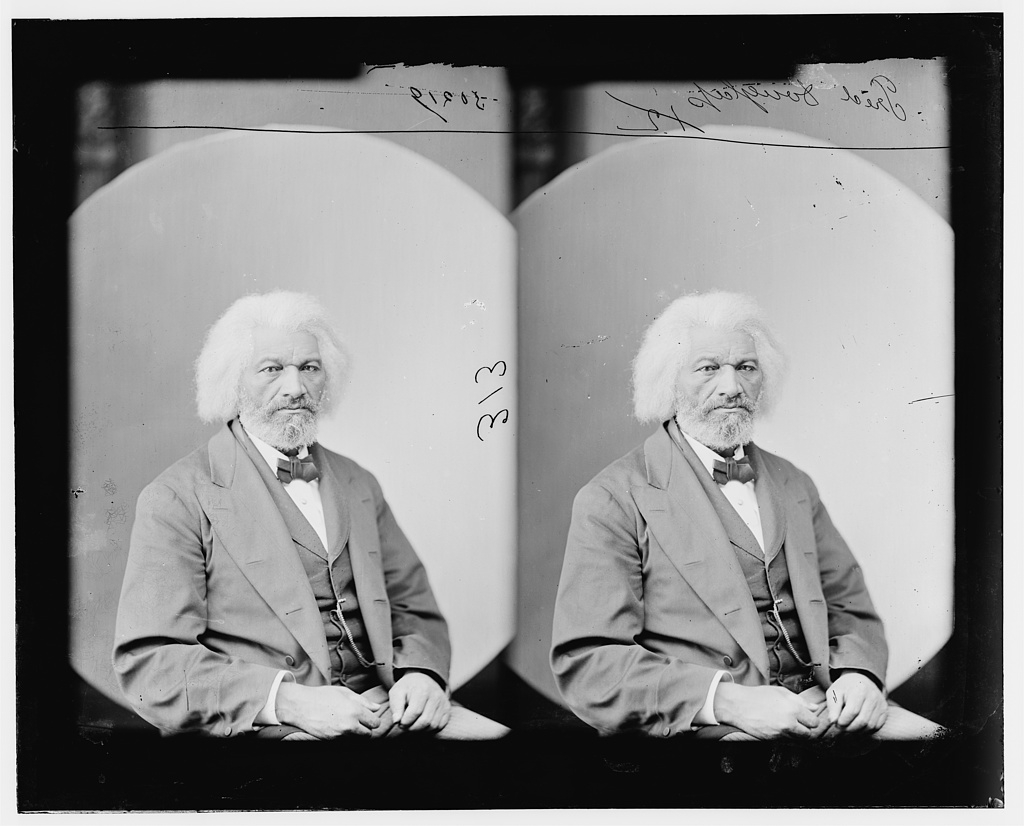
Frederick Douglass and African American Uses of Communal Celebration and Truth-telling as Modes of Resisting Oppression and Creating Public Memory
By Desiree Taylor
2023 Reading Frederick Douglass Together Research Fellow
Lessons from the past can teach new things and become newly useful as society continually becomes new. In this way our past can inform our present.
Frederick Douglass’s 1852 Fourth of July speech is a case in point. Unpacking the speech in the twenty-first century yields opportunities to learn about our country and ourselves in new and useful ways. Amongst other things, the speech is an example of the African American segment of the United States creating public memory. It also reveals two modes of resistance that the African American segment has utilized throughout a violent history of extreme oppression against what it is to be a member of, or even connected with, that group. Those two methods are celebration and truth-telling.
Both celebration and truth-telling are modes of resistance which have shaped how the African American population has passed on memory within the group and to the country as a whole. Without African American agency in this way, the image of this segment of ourselves as a country would historically be severely tainted where it existed, or nonexistent altogether.
That our history in the United States has changed and is changing and evolving away from the oppression of blackness, means that a larger segment of our society can access and benefit from studying the means of resisting oppression through studying the resistance methods utilized by African Americans as a historically oppressed segment of our society. This is important on the individual and societal level, as oppression in its myriad forms is a human ill to be resisted with skill and know-how wherever it’s found.
In 1852, one of the most active anti-slavery organizations, the Rochester Ladies’ Anti-Slavery Society operating out of Rochester, New York, invited Frederick Douglass, who was at that time a well known and respected speaker on the abolitionist speaking circuit to give a Fourth of July speech at the town’s Corinthian Hall that year (P. 173, Frederick Douglass by McFeely, William S. 1991). Douglass accepted. He went to work on the speech, which he delivered intentionally on July 5 of that year. Julia Griffiths, the Society’s secretary, visited the Douglasses at their home as Douglass worked on the speech, and she pronounced the work “excellent” (Ibid. p. 172). The speech has since passed down in history as one of the most important speeches, not only of Douglass’s career, but of our collective national history in the struggle for freedom and justice.
